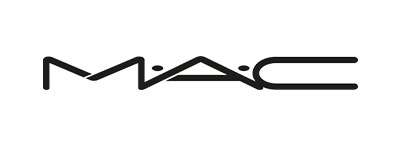Does Sunscreen Cause Acne?
We spend a lot of time outside, so we need to turn to our trusty sunscreens, to protect ourselves from harmful UV rays. However, sometimes sunscreens can leave a white film that feels greasy or clogs your pores, leading to acne. These reasons, however, should not deter you from using sunscreen. We recommend that you use a non-comedogenic sunscreen that will not clog your pores or cause acne.
For the uninitiated, we are defining the terms comedogenic and non-comedogenic to help you understand the difference. A comedogenic cosmetic or product is one that has the potential to clog pores and cause acne. Non-comedogenic sunscreen will not clog your pores, so it should not ideally cause any breakouts.
Why Does Sunscreen Cause Acne?
Acne is caused by excess oil production, and the sebaceous glands are to blame. UV rays exposure on the skin aggravates acne. If you already have problematic skin, these ingredients can trap pollution and bacteria on your skin, leading to more pimples, irritation, and milia. If you have sensitive or reactive skin, chemical formulas can sometimes induce tight, red skin because UV-absorbing ingredients are absorbed by the skin.
Many traditionally-formulated mineral and chemical sunscreens simply do not allow the skin to breathe, amplifying both sensitivity and breakouts. While nothing can get in (sun rays are blocked), nothing can get out, and heat is effectively trapped against the skin's surface. This heat creates an ideal environment for bacteria and inflammation, potentially leading to more breakouts. We have also figured out a few apparent reasons which might be triggering acne due to sunscreen. Here’s a lowdown for you.
Reason#1 You're Not Using Sunscreen Intended For Your Face
Most of us tend to use the same sunscreen which is specifically only for the body. These are comedogenic formulations that should not be applied to the face and these
sunscreens can cause acne. You must always use mineral
sunscreen which is the BFF for your skin.
Reason#2 You’re Applying Expired SunScreen
You're still using the same sunscreen you purchased two years ago. Remember that all skincare products must be replenished on a regular basis; otherwise, expired sunscreen can harm your skin instead of providing a protective shield.
Reason#3 You’re Not Cleansing Your Face Properly
Many of us tend to skip cleansing our face if we don’t wear makeup or sunscreen. You must always cleanse with a
cleanser every night and keep your skin oil-free before you snooze off.
Hence it is imperative that you should pick a sunblock that is formulated with minerals and creates a barrier for your skin from harmful sun rays. They have a broad spectrum, do not leave a white film, and are easily absorbed by the skin. And, no, you don't have to wait for the sunscreen to activate; you can apply it and go right away.













